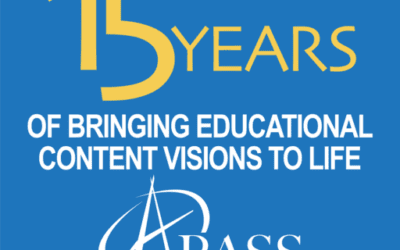The world of health sciences is vast and becomes even larger when content goes online. The number of courses offered online is daunting. That volume, however, does not always equate to quality. The challenge is to find the courses that offer the highest-quality learning experiences. So, how does one sift through the mountain of online learning opportunities?
The Need for Curated Online Courses
The solution is an easily accessible, peer-reviewed list of available online courses. These curated courses meet a very real need and can lessen some of the pressure on those in the educational world. Curated courses provide educators the assurance that they are providing high-quality online learning experiences to their students. These courses also prepare students for many careers, including health care.
Public Health Learning Navigator and Other Resources
One of the most exciting resources available is the Public Health Learning Navigator. This online database is a cornucopia of online courses. Courses are nominated by educators and developers, and then subjected to a peer review. The review process includes a high level of scrutiny as to course content and format. Reviewers evaluate every aspect of the courses from a real-world perspective, and assess them on their ability to prepare students. From that review comes an ever-growing list of quality online courses. This thorough review process results in each course receiving an award of approval. It’s important, however, that educators know how to evaluate courses themselves.
This Higher Ed STEM sample is just one example of the product possible when partnering with A Pass in the crafting of quality online courses.
A Framework for Evaluating Online Learning
Online learning offers an excellent learning environment for allied health programs. An online platform allows for a skills-based training that prepares students to enter the workforce in their communities. These courses are adaptable to the needs of the individual or group participating, and are easy to access.
More importantly, these online courses are collaborative and relevant. Students are able to work together in real time to problem-solve and create deeper understanding. The integration of online work into allied health programs makes these courses more relevant to the 21st century workforce. The catch is evaluating available courses before setting students loose.
Because of the nature of allied health programs, a more subject-specific set of guidelines must be followed when thoroughly evaluating these courses. When starting the evaluation process, keep these ideas in mind:
- Set Up
- Course registration is easy for new users
- Course is accessible to all users, including those with special needs
- Technical support is available
- Course Content
- Objectives are aligned
- Content is relevant and accessible for all learners
- Content encourages application
- Assessment opportunities are present
- Feedback opportunities are given
- Overall Design
- Course is easily navigated
- Content is chunked
- Design aids learning experience
- Opportunity is given for learner evaluation
While this is not a complete list, it is a good place to start. Remember also that A Pass can be a partner in this process. A Pass has extensive experience in creating and developing online courses for higher education partners. Check out our samples page for examples of the type of courses we can build.




